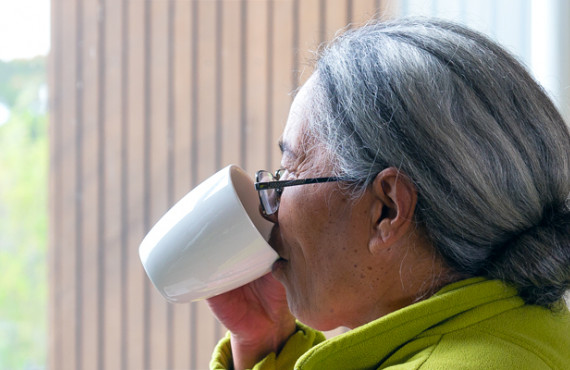Keeping active before, during and after cancer treatment is important for your health and wellbeing.
How can exercise help me?
Physical activity can benefit you before, during, and after cancer treatment by:
- making your muscles and bones stronger
- increasing your energy levels
- improving your mood
- helping manage some of the side effects of treatment
- speeding up recovery
- improving your heart health
- reducing your risk of new cancers and other health problems
Any exercise is a positive way to look after yourself.
Finding the exercise right for you
Some cancer treatments can affect the type of activity that is safe for you.
Your treatment team may suggest an exercise specialist or give you a Green Prescription to support and plan your exercise.
Your exercise options will depend on:
- your physical condition
- the stage and type of cancer you have
- the treatment you are receiving
- any side effects you might be experiencing
There are some situations where public pools or gyms might not be best for someone undergoing cancer treatment. But for most people, these will be safe.
The benefits of exercise are important. Discuss any possible risks with your treatment team.
If you were fit and active before cancer, you might have to lower the intensity of your workouts for a while.
You might feel nervous about starting a new exercise routine, especially if you feel tired or are worried that you might injure yourself.
Talk to your treatment team before starting any new exercise routines.
Start slowly and build up the amount of activity you do. Even a little activity is better than no activity at all.
Exercise that may work out for you
- if you are low in energy, you could spread your activity across the day
- take a few shorter walks rather than one long walk
- find an activity that you enjoy and match your current fitness level
- low-impact, weight-bearing activities such as walking, dancing, climbing stairs, swimming, cycling can be helpful
People who are less mobile can benefit from activities such as:
- bed and chair exercises
- balance training
- walking with a mobility aid for support
Your local Cancer Society may have an activity class that you could join, such as walking groups, yoga classes, gym programmes and healthy steps classes.
After surgery, I did three lots of 10 minute walks a day. I’d note how far I got in that 10 minutes, then try and improve on that, even if it was just a few steps.
Victoria
Things to be aware of when exercising
You should stop exercising immediately if you get any of the following:
- chest pain
- dizziness
- a racing heart
- breathing problems
- feeling sick
- unusual back or bone pain
- unusual muscle pain
- a headache that does not go away.
Speak to your treatment team if you notice any of these or any other symptoms.
After treatment, slowly build up your level of activity and balance this with periods of rest. Discuss what exercise might be best for you with your doctor.
We know that going through cancer is tough and can raise many questions. You are not alone.
We have health professionals to answer your questions and provide the support you need.
Get in touch

